Could your everyday meals be quietly raising your risk of cancer without you even knowing? It’s a shocking truth about 11 Cancer-Causing Foods to Avoid : your diet plays a crucial role in cancer prevention. According to the World Health Organization (WHO), nearly 30–35% of cancer cases are linked to diet. That means being mindful of what’s on your plate isn’t just about weight management—it’s about your long-term health and survival.
In this blog, we’ll expose the top 11 cancer-causing foods to avoid and offer healthier alternatives you can start enjoying today.
Cancer-Causing Foods to Avoid
1. Processed Meats (Bacon, Sausages, Hot Dogs)
- Contains nitrates, nitrites, and preservatives linked to colorectal cancer.
- High in saturated fats and salt, increasing overall health risks.
Healthy Swap: Opt for lean meats, plant-based proteins like lentils, tofu, or homemade grilled chicken.
2. Red Meat (Beef, Pork, Lamb)
- Overconsumption is associated with colorectal and pancreatic cancers.
- Cooking at high temperatures can produce heterocyclic amines (HCAs) and polycyclic aromatic hydrocarbons (PAHs), both linked to cancer.
Healthy Swap: Replace with fish, turkey, or plant-based meat alternatives.
3. Sugary Drinks (Soda, Energy Drinks)
- High sugar content increases insulin resistance, inflammation, and obesity—major cancer risk factors.
- Linked with esophageal and pancreatic cancer.
Healthy Swap: Drink infused water, herbal teas, or naturally flavored seltzers.
4. Microwave Popcorn (With Artificial Butter Flavoring)
- Contains diacetyl, a substance that has been connected to lung damage and may increase cancer risk.
- Bags may be lined with PFOAs, a carcinogenic chemical.
Healthy Swap: Air-popped popcorn with olive oil or coconut oil and herbs.
5. Canned Foods (Especially Acidic Foods Like Tomatoes)
- Lined with BPA (bisphenol A), which mimics estrogen and may promote cancer growth.
- Acidic foods increase BPA leaching.
Healthy Swap: Use fresh or glass jar alternatives.
6. Refined White Flour and Sugar
- High glycemic index contributes to blood sugar spikes, increasing cancer cell growth.
- Linked to breast and colorectal cancers.
Healthy Swap: Choose whole grains like quinoa, brown rice, oats, or almond flour.
7. Hydrogenated Oils (Trans Fats)
- Alters cell membrane structure and promotes inflammation, a precursor to cancer.
- Common in packaged snacks, margarine, and fried foods.
Healthy Swap: Use olive oil, avocado oil, or coconut oil.
8. Farmed Salmon
- Often contains PCBs (polychlorinated biphenyls) and other contaminants.
- Raised in crowded conditions with antibiotics and pesticide exposure.
Healthy Swap: Choose wild-caught salmon or other clean protein sources.
9. Artificial Sweeteners (Aspartame, Saccharin)
- Controversial ingredients with studies showing potential links to brain tumors and lymphoma.
- Often found in “sugar-free” foods, gums, and diet sodas.
Healthy Swap: Use stevia, monk fruit, or raw honey in moderation.
10. Alcohol
- Linked to seven types of cancer, including breast, liver, and esophageal.
- Alcohol damages cells and impairs nutrient absorption.
Healthy Swap: Enjoy mocktails or sparkling water with lemon and herbs.
11. Pickled and Smoked Foods
- High in nitrates, nitrites, and salt, which convert to N-nitroso compounds—known carcinogens.
- Smoking food adds exposure to tar and other harmful compounds.
Healthy Swap: Eat fresh, grilled, or steamed vegetables and meats.
Cancer-Causing Foods to Avoid -Food Connection: What Science Says
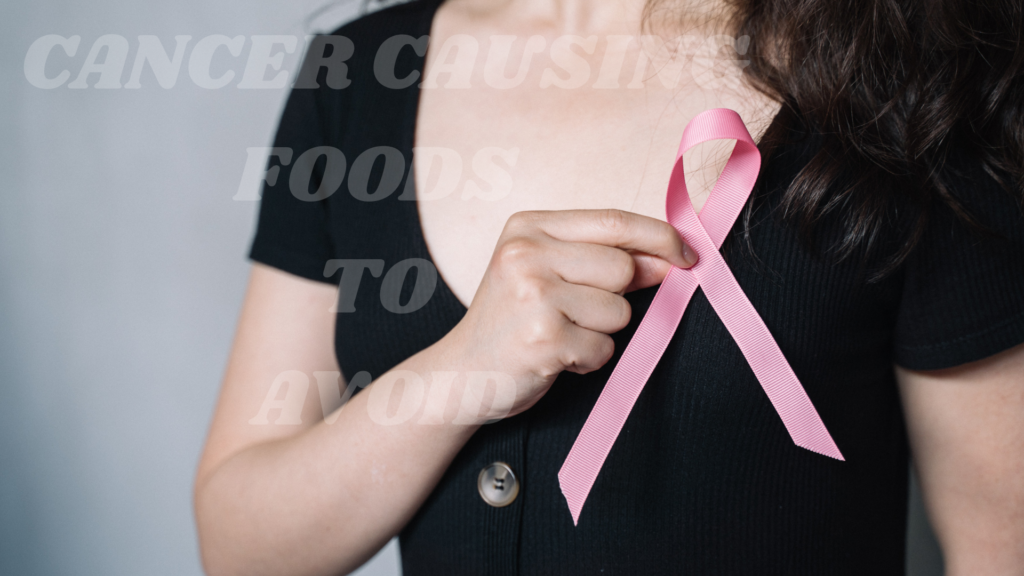
Recent studies from institutions like the American Institute for Cancer Research show a strong link between diet and cancer risk. Highly processed and chemically-laden foods not only contribute to obesity but also cause inflammation and oxidative stress, which can trigger cancer cell formation.
🧠 Did You Know? Cancer cells thrive on sugar. Reducing your intake can slow their growth.
How to Make Smarter Food Choices
- Read labels: Avoid anything with long, chemical-sounding names.
- Cook at home: Control your ingredients and reduce reliance on processed foods.
- Go organic: Especially for meat, dairy, and produce with high pesticide residues.
- Hydrate well: Drink plenty of filtered water.
- Balance your diet: Focus on plant-based foods rich in antioxidants and fiber.
The Hidden Dangers in Your Daily Diet
Many cancer-causing foods don’t come with warning labels. They’re cleverly marketed as “low-fat,” “diet-friendly,” or “heart-healthy.” But behind those claims lie a mix of chemical preservatives, emulsifiers, pesticides, and highly inflammatory ingredients that disrupt your body’s natural defenses.
What’s especially concerning is that many of these dangerous foods are staples in modern diets—from your morning coffee creamer to the microwaved lunch you grab in a rush. Awareness is your first line of defense.
How These Foods Trigger Cancer
Understanding how cancer-causing foods impact your body helps drive better choices. Here are the key mechanisms:
- Inflammation: Chronic inflammation from poor diet promotes cancer cell growth and weakens immune response.
- Oxidative stress: Many harmful additives increase free radicals, damaging DNA and cells.
- Hormonal imbalance: Some chemicals mimic hormones (like estrogen), triggering hormone-sensitive cancers (e.g., breast and prostate).
- Insulin resistance: High sugar intake increases insulin, which promotes tumor growth in insulin-sensitive tissues.
This isn’t fear-mongering—it’s backed by extensive research from sources like the National Cancer Institute, WHO, and Mayo Clinic.
Protective Foods to Include Instead
You’ve learned what to ditch—now let’s talk about what to embrace. A cancer-fighting diet is colorful, plant-based, and antioxidant-rich. Here’s what to stock up on:
Top Anti-Cancer Food Choices
- Cruciferous Vegetables: Broccoli, kale, Brussels sprouts (contain sulforaphane)
- Berries: Rich in polyphenols and vitamin C
- Garlic & Onions: High in allicin, a powerful cancer-fighting compound
- Turmeric: Anti-inflammatory, antioxidant-rich spice
- Leafy Greens: Spinach, arugula, and Swiss chard (rich in chlorophyll)
Lifestyle Tips to Lower Cancer-Causing Foods Risk
While food is foundational, your lifestyle choices amplify the benefits or risks:
- Stay active: At least 30 minutes of movement daily.
- Prioritize sleep: Poor sleep weakens immunity and increases inflammation.
- Get sunshine: Moderate sun exposure boosts Vitamin D levels, which play a protective role against cancer.
- Manage stress: Chronic stress releases cortisol, which contributes to hormonal imbalances.
Everything is connected—body, mind, and what’s on your plate.
Smart Shopping Tips to Avoid Carcinogens
Here’s how to dodge danger at the grocery store:
- Shop the perimeter: That’s where fresh produce, dairy, and meats are.
- Read the ingredients: Fewer ingredients = fewer risks.
- Avoid “low-fat” & “sugar-free” traps: These are often chemical-laden.
- Buy organic for the “Dirty Dozen”: Reduce pesticide exposure.
Real Talk: It’s About Progress, Not Perfection
You don’t have to overhaul your life overnight. Just start small:
- Swap one cancer-causing food a week for a healthier option.
- Try Meatless Mondays or a veggie-packed smoothie.
- Replace soda with sparkling water and lemon.
- Cook dinner at home 3 nights a week.
Over time, these micro-changes lead to macro health benefits.
Your diet has the power to either fuel cancer or fight it. By eliminating or reducing these 11 cancer-causing foods and replacing them with healthier options, you’re taking a huge step toward a longer, healthier life.
FAQ’s
What is the number one cancer-causing food?
Processed meats, like bacon and sausages, top the list due to their classification as Group 1 carcinogens by the WHO.
Can changing my diet really prevent cancer?
Yes, studies suggest up to 30–35% of cancer cases are diet-related. Eating a nutrient-rich, low-inflammatory diet reduces your risk significantly.
Are artificial sweeteners worse than sugar?
Some artificial sweeteners may be linked to cancer risks. While research is ongoing, natural options like stevia are generally safer in moderation.
Which of these foods surprised you the most? Share your thoughts in the comments and tag a friend who needs to clean up their pantry!

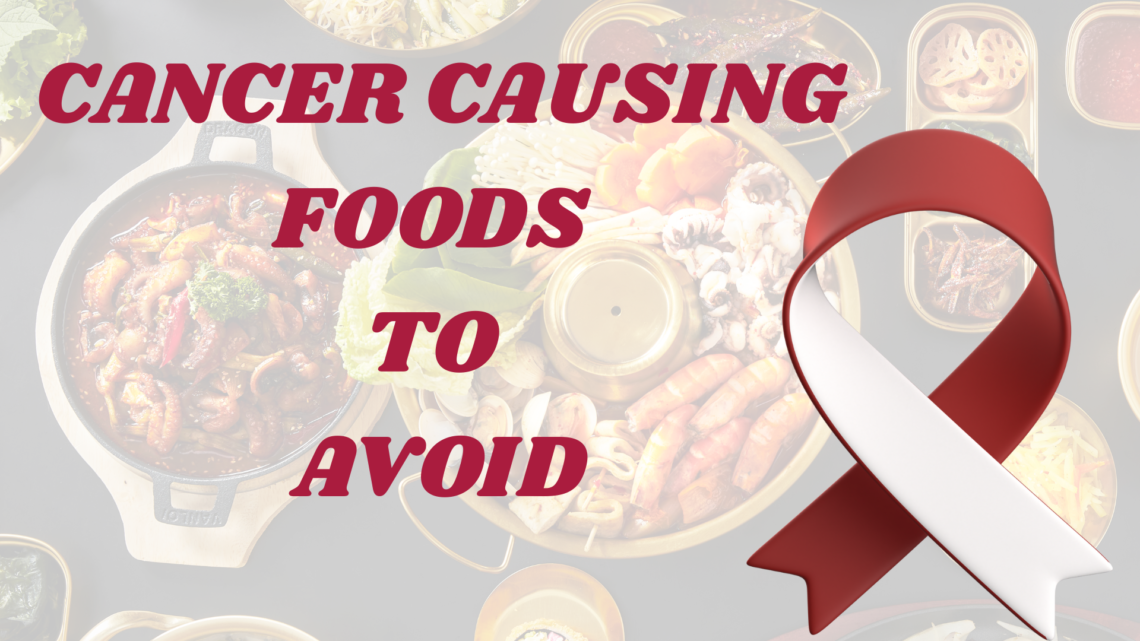
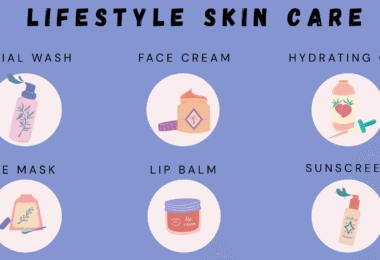
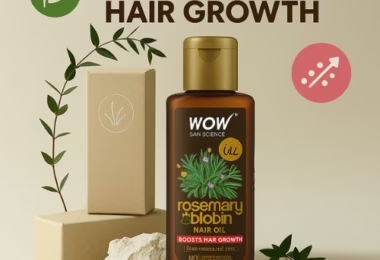

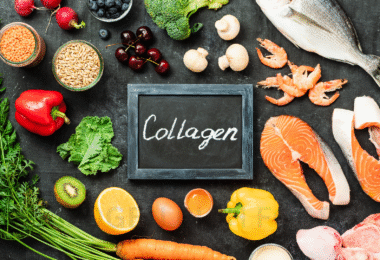

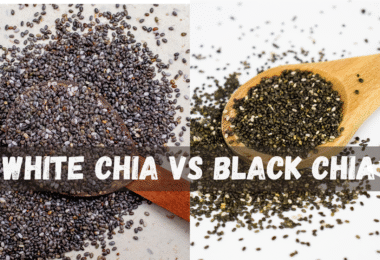
Leave a Comment